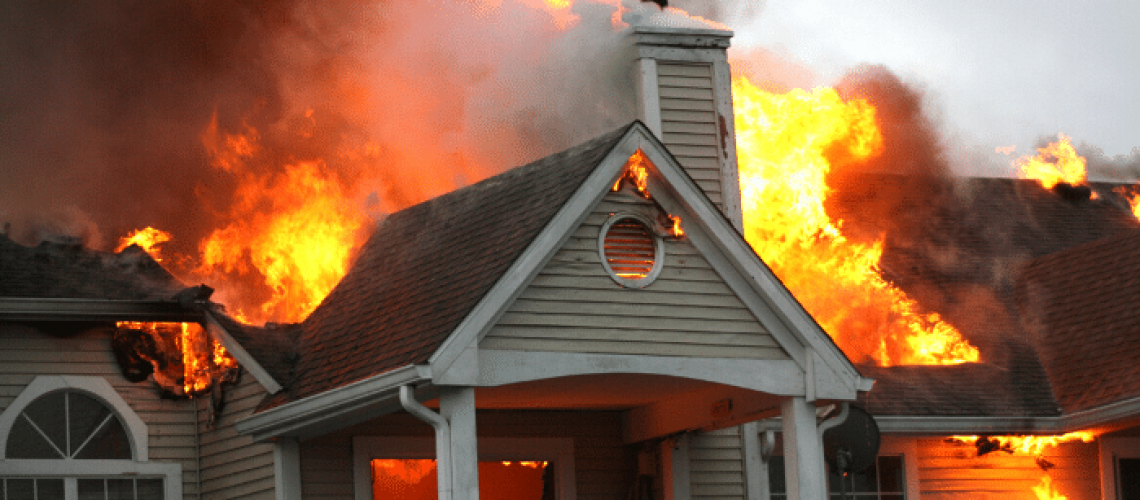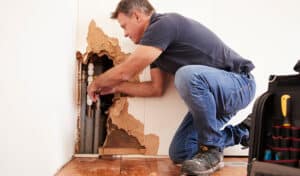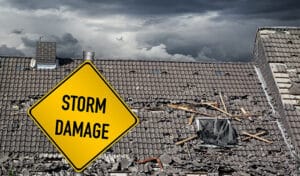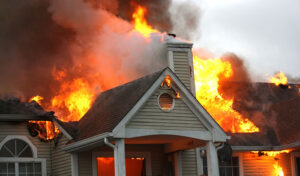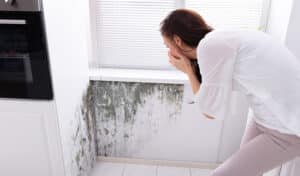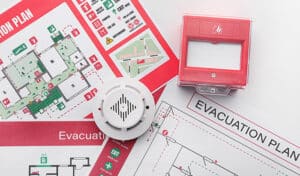Experiencing a house fire can be a traumatic experience. Although you want to salvage all your valuables, you may need to throw away several items. Even a minor kitchen fire can cause significant smoke and soot damage.
Continue reading to learn more about how house fires can be destructive.
Accept What You Can’t Control
After a fire, some people can retrieve some of their undamaged belongings. Typically, you can make arrangements with your city’s fire department and your home or apartment’s management. Unfortunately, that’s not always the case because you may not be able to enter the building if there was extreme damage.
Although you understandably want to save all your valuables, it’s best if you manage your expectations. In today’s blog, we will explore which items you should either salvage or throw away.
Items You Can Salvage After a Fire
The easiest items you can save after a fire are hard, non-porous ones. As a rule of thumb, you should never keep burnt, charred, melted, or unsafe belongings. Here are a few items you may be able to save after a fire:
- Metal: Although metals are prone to staining, they can usually withstand major fire damage. Fortunately, you can clean your metal items with vinegar and dish soap. Sand and paint your metals afterward to keep them looking new.
- Glass: Glass is typically resilient to fires. Even if it’s stained, you can get away with cleaning them using a mix of dish soap and vinegar. Alternatively, you can soak your glass belongings in a bowl of white vinegar mixed with baking soda to restore their shine.
- Hardwood floors: Unless there’s extreme charring or burn marks, you can almost always salvage wooden floors after a fire. Clean your floors with oil soap and sand them as necessary.
Items You Should Throw Away After a Fire
The hard truth is, there will be more items you should toss out than save. Here’s what you should consider removing from your home:
- Non-perishable foods: Canned, boxed, and shelf-stable foods, as well as other foods you would typically feel comfortable leaving out on the counter. It’s best to toss them out just in case they came in contact with flames, heat, smoke, soot, or fire-fighting chemicals. Additionally, you should throw away any foods with packaging that has been opened. Even canned foods may be susceptible, so it’s best to play it safe.
- Smoke-stained fabrics, clothing, and bedding: Sadly, if any of these items have significant burns and soot stains, you should probably throw them out so that they don’t wreak havoc to your lungs. You can attempt to salvage these belongings using a blend of vinegar, dish soap, and baking soda, which can lift the pungent odors. Still, you might be better off throwing them out if the damage is irreversible.
RestoreMasters is Here for You
Once smoke damage takes over your belongings, it can be difficult to remove. RestoreMasters can protect your home from further fire damage using our smoke and fire damage restoration process.
We use negative air machines and deodorizing crystals. Our main priority is to help you save your precious belongings.
We service Weber, Salt Lake, Summit, Utah, and Tooele counties. Contact us today for a free damage assessment.

